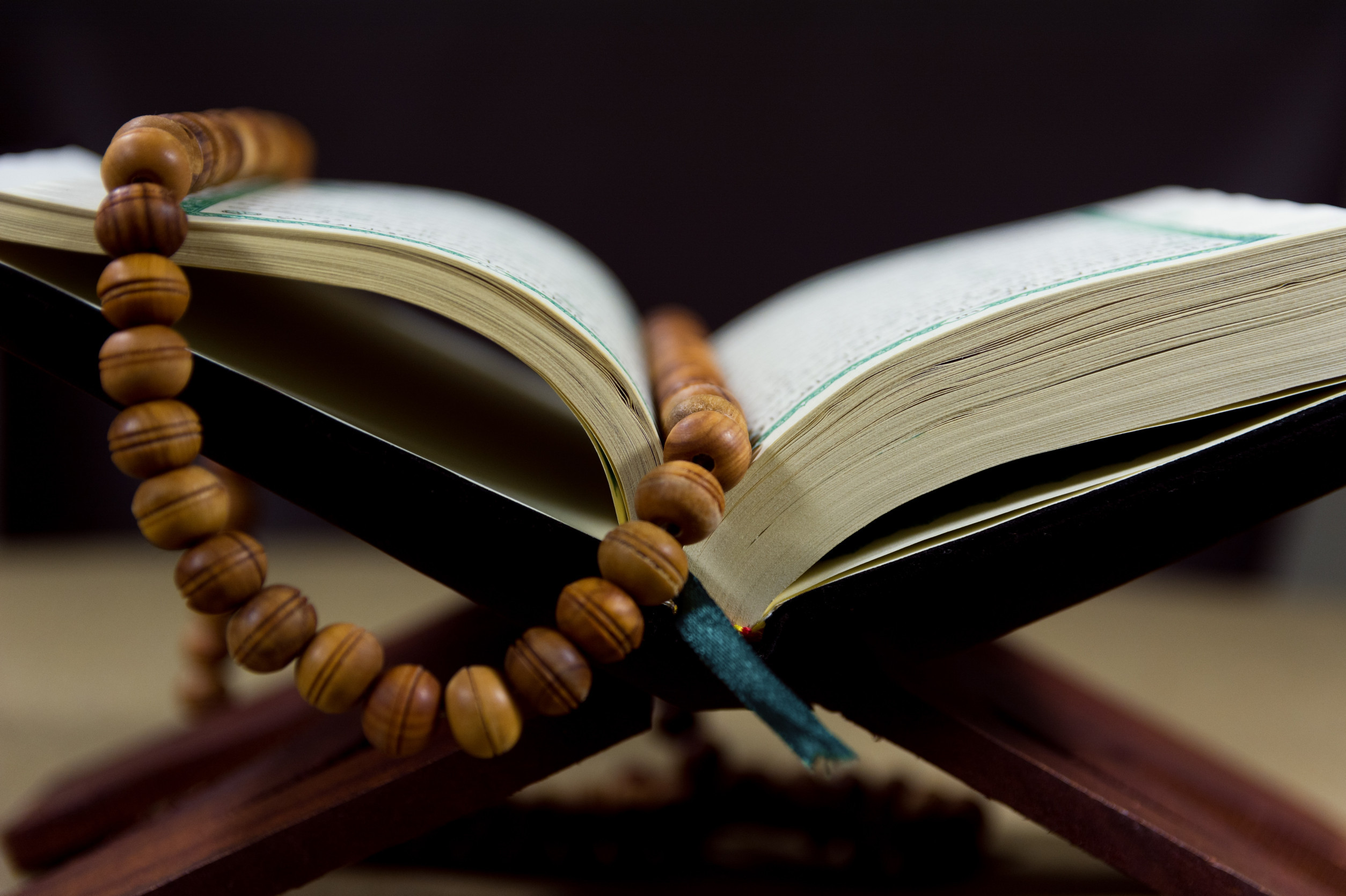Eid al-Fitr and Eating Disorders
Eid al-Fitr occurs at the end of Ramadan, the Islamic holy month of fasting. Arabic for “festival of the breaking of the fast”, Eid al-Fitr is a day of joy and celebration for those who celebrate; where Muslims attend prayer, engage in traditions like new clothes, charitable donations or volunteer work and coming together with your family and community to enjoy feasts (hence, the breaking of the fast.)
Celebrations, festivals and cultural holidays (whilst in their nature are times of joy and festivity) can be hard to manage for people struggling with an eating disorder. For Muslims, Ramadan and Eid can be particularly difficult. In fact, those with lived experience state that Eid can be one of the most difficult and overwhelming times of the year, no matter what diagnosis or disordered behaviours relate to your recovery journey.
If you’re feeling anxious about Ramadan or plans for Eid, know that these times do not need to be associated with anxiety or fears around food and socialising, but rather a time for love, growth and connectedness to family, community and God.
Below are some small ways for you to feel more engaged in the positives of upcoming celebrations. But first, if things are feeling difficult it is important to talk to someone, whether that be a professional, relative or peer who can support you during this time and create space for some self-care. If you don’t feel able to fully engage in Eid, you can discuss ways for you to take time away from the home or meal, and engage in other activities or traditions which feel more comfortable.
Taking time out for yourself.
Celebrations like Eid can feel overwhelming so taking time out from the itinerary can give you time to take a breath and remind yourself of why you’re here and how you want to enjoy the day. Some alone time will also offer you space to reduce any stress or anxiety through self-care and mindfulness. You might choose to put aside time for some quiet reading or prayer, a short walk outside or some meditation or grounding if you prefer.
Try not to isolate yourself from the celebrations.
Whilst you might feel more comfortable in your own company, it is important to make the most of these celebrations with family as much as you feel able to. If you can, speak to your family about any fears you have for the day, around food, conversations, any triggers or urges; and don’t forget to tell them the ways in which they can support you and take away additional pressure of the day. And remember, your eating disorder will thrive on isolation. Don’t fall for its charm.
Plan out your day in advance.
Families may have slightly different ways of celebrating depending on their annual traditions, meals and family gatherings. You might find the agenda for the day is quite intense or food-focused, which might be what is causing much of your unease. If you can, plan out your day to understand any activities or mealtimes, and any potential triggers. It might be you have to spend time with a difficult family member, or join your community for a buffet or feast which you’re unsure how to navigate. Removing the unknown from the day will ease your anxiety and give you an opportunity to recruit a friend to support you, or adopt a coping mechanism or some boundaries to help you feel more present.
Think about how you’ll manage difficult conversations.
We have all experienced triggering comments and uncomfortable conversations, and celebrations like these (when we are seeing friends and relatives for the first time in a while) are the typical environments for thoughtless discussions and criticisms about our weight, body and appetite. Whilst we hope you won’t need them, it is good to have a think about how you might respond.
If conflict is not your thing, you might choose to walk away from the situation but some feel strength in setting your own boundaries and letting a relative or friend know that their comments and language can be triggering thoughtfully and with respect.
Be kind and show compassion.
It’s okay if this time of year is overwhelming. Try not to expect too much from the day or from yourself to avoid any disappointment. If your day looks a little different to what you expected then try to be accepting and flexible. If you find yourself engaging in any disordered behaviours, be kind to yourself and know that you are not alone. Recovery is not linear and Eid can be really tough.
Remember, there is more to Eid than just food and the anxiety you might have right now. It can be a great opportunity to spend quality time with your loved ones and feel the love and care they have for you and your wellbeing. For many, it can present a new chapter and fresh start where we feel more about to leap into new opportunities.
Eid Mubarak ✨



